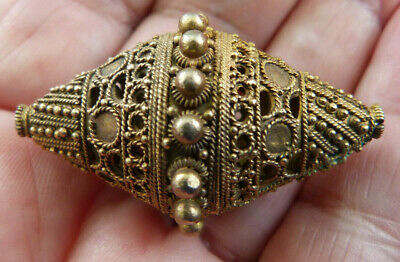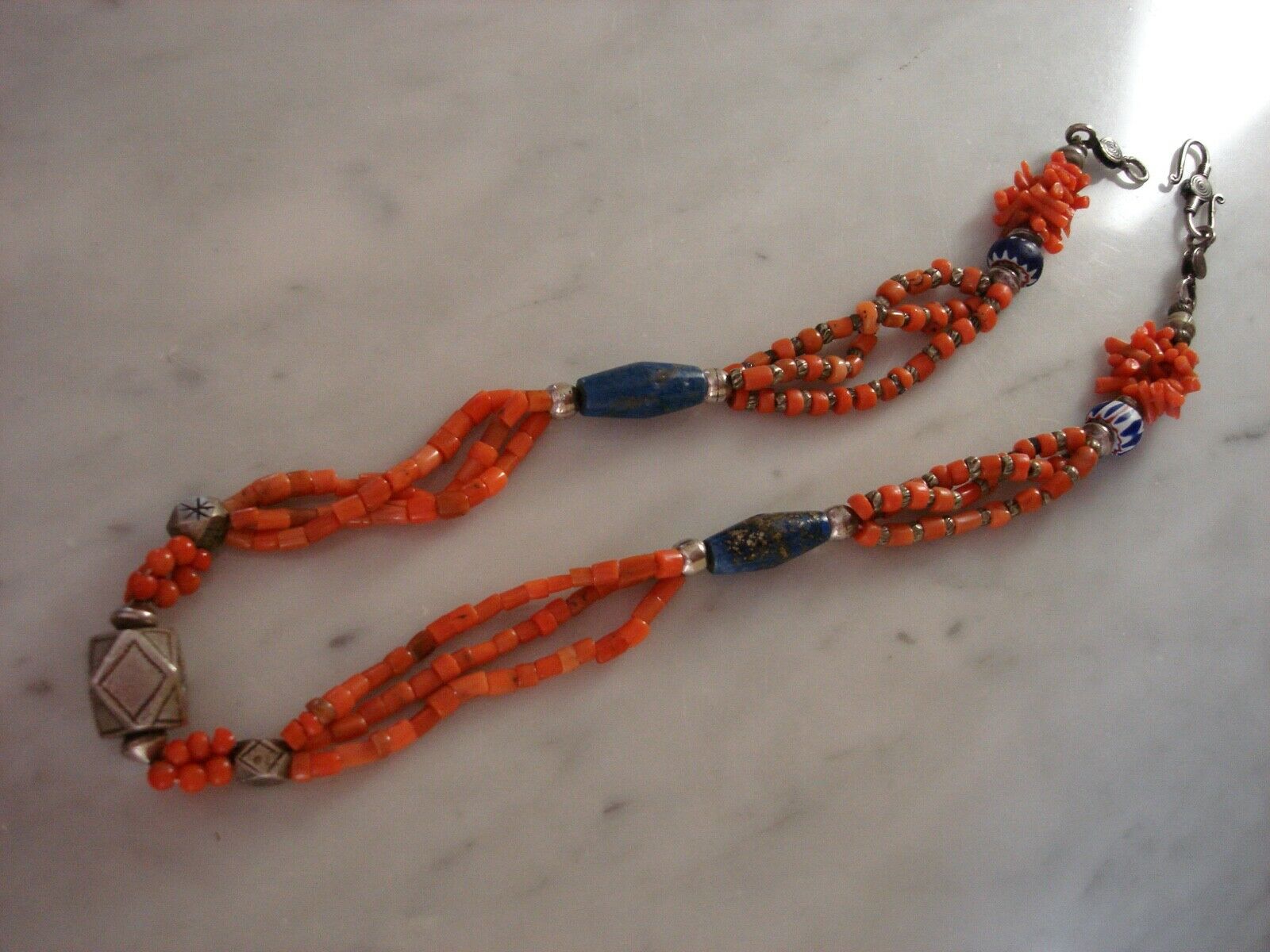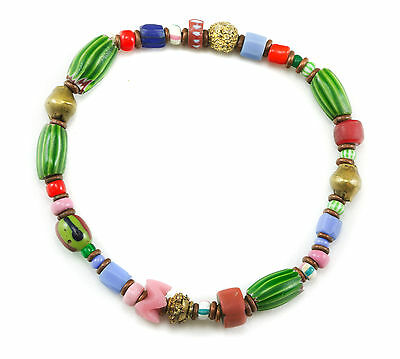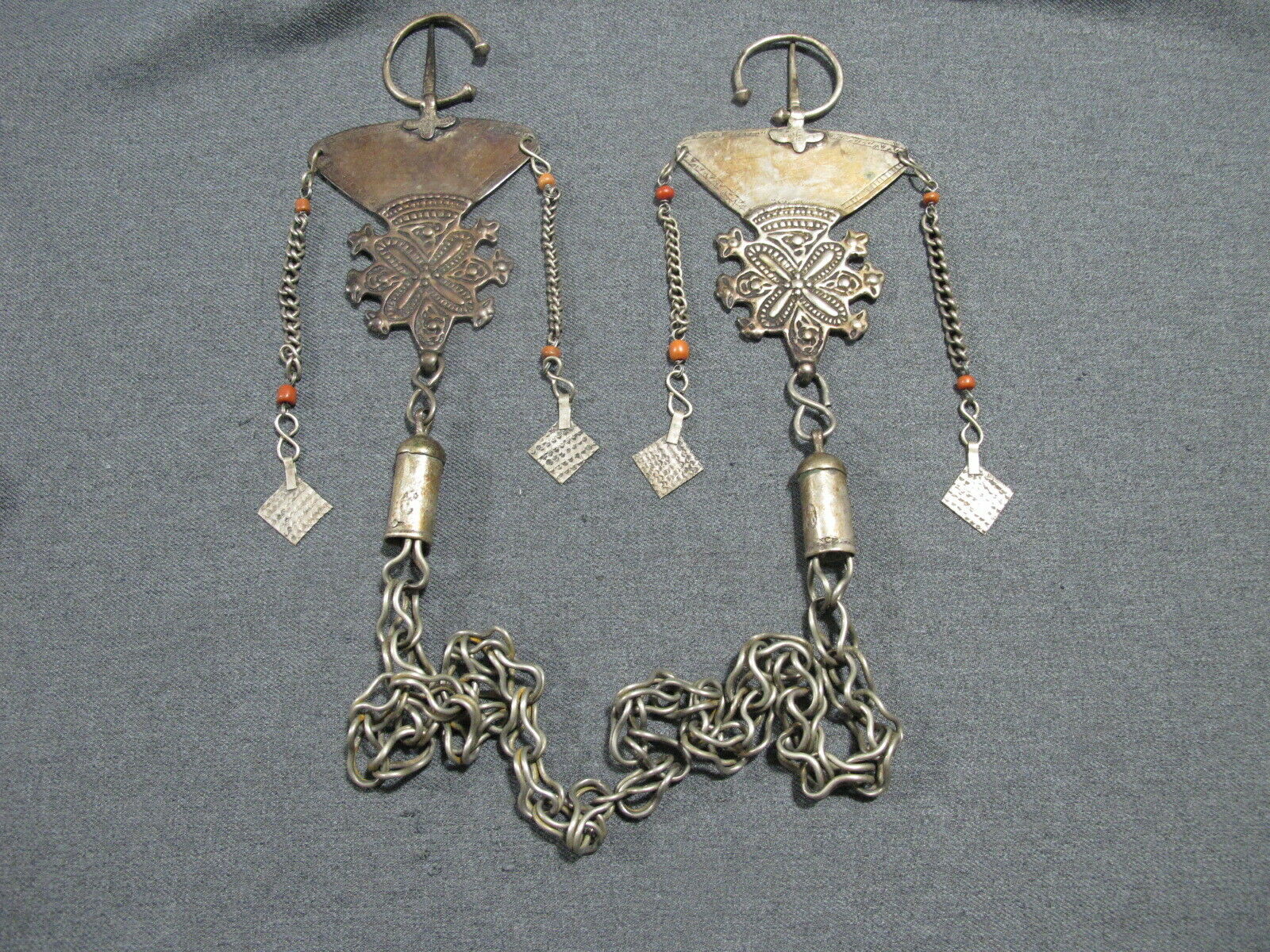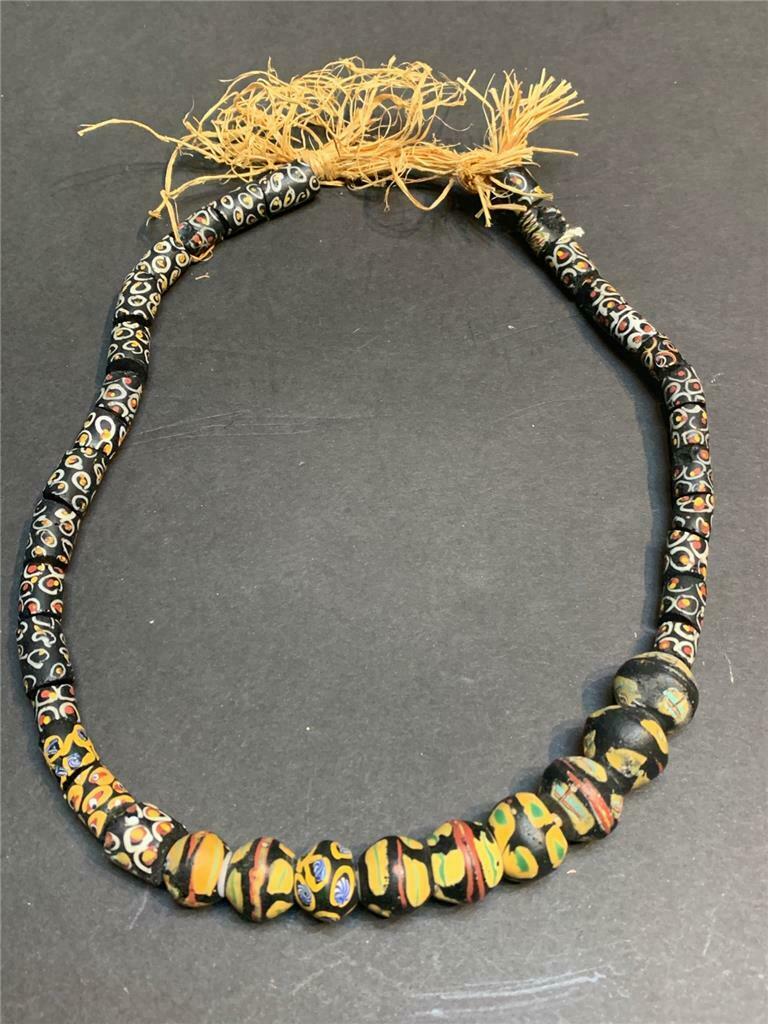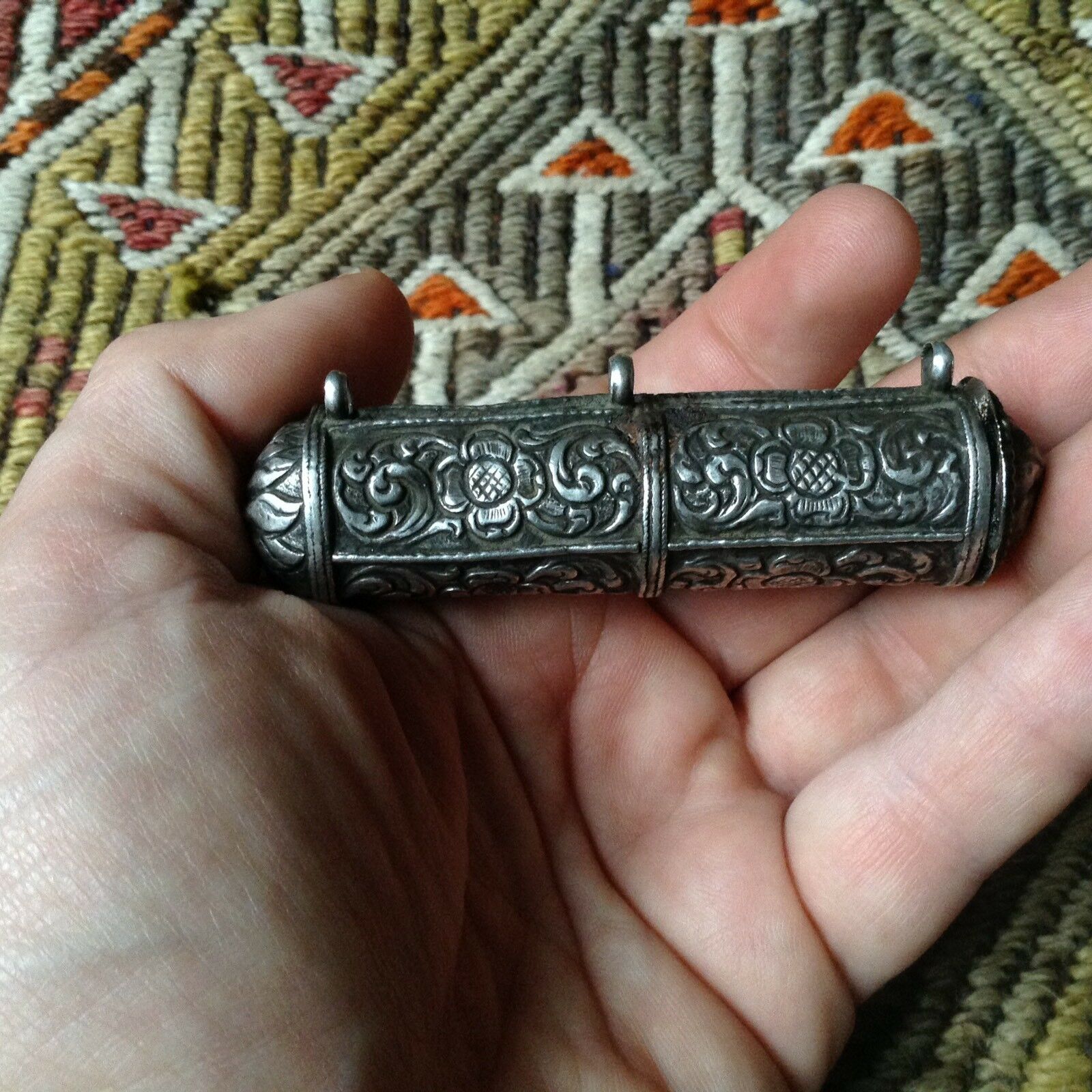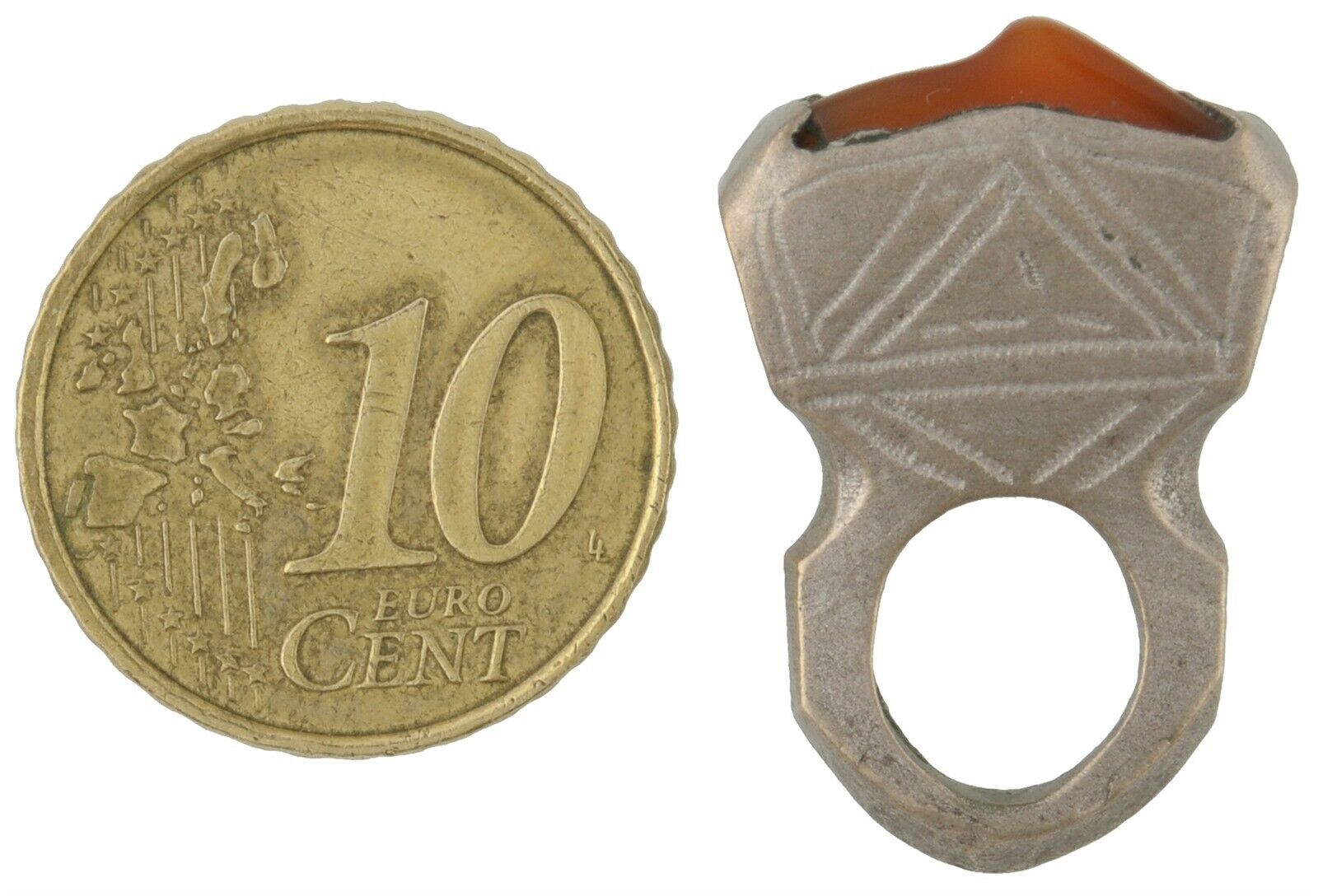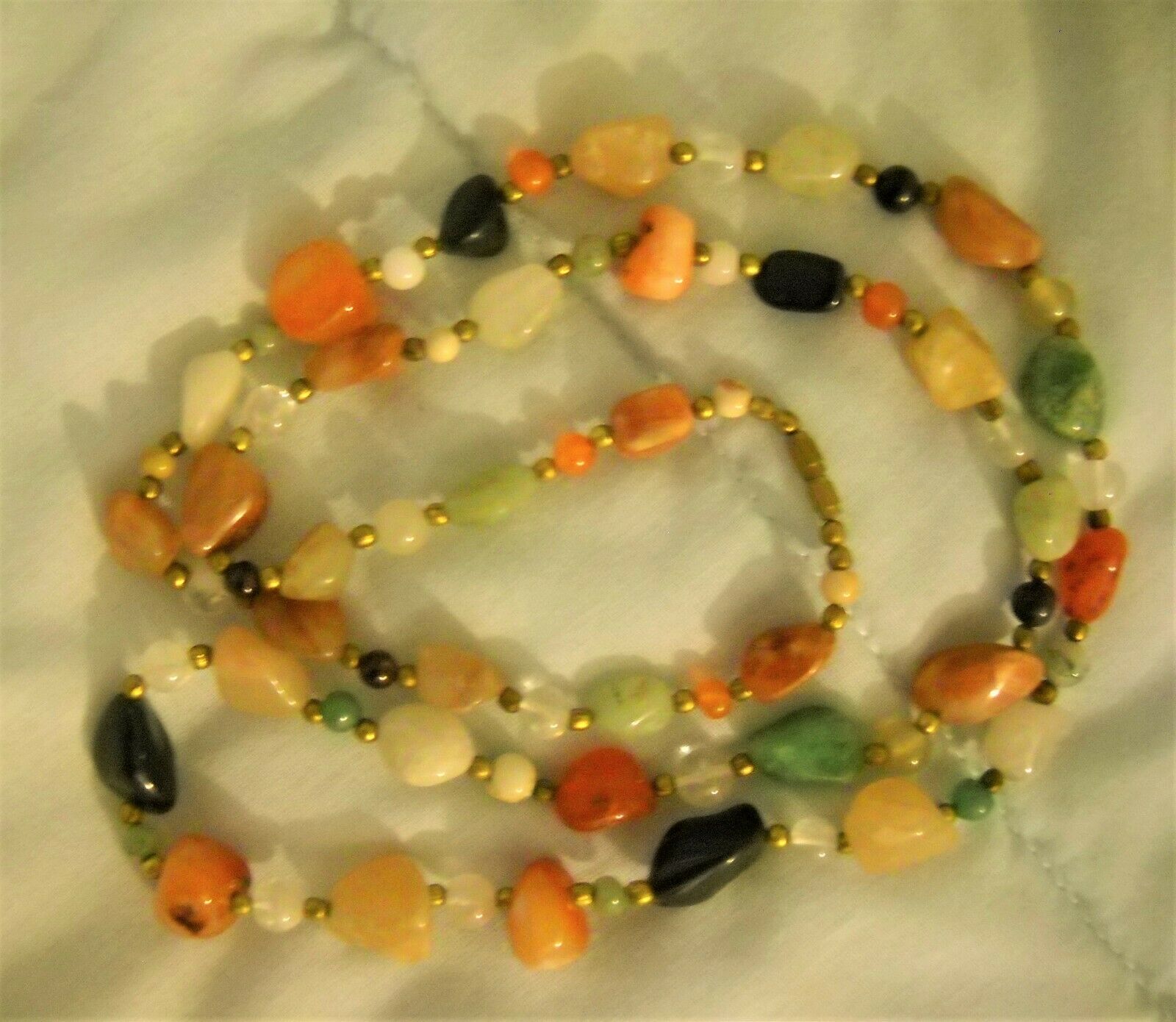-40%
Lapis Lazuli & Boghdad Cross blue and orange enameled berber Handmade Necklace.
$ 94.51
- Description
- Size Guide
Description
Moroccan Boghdad blue and orange enamel berber vintage Tuareg southern cross and graduated genuine lapis Lazuli with Orange quartzite barrel beaded handmade necklace.Morrocan Cross pendant with intricate blue and orange enamel details measures approximately 2” in height by 1” in width.
Genuine graduated lapis Lazuli gemstone beads measuring approximately 22mm down to 6mm.
The genuine orange Quartzite beads measure approximately 12mm by 16mm.
Moroccan bicone old silver beads measuring approximately 14mm x 12mm.
The Necklace is 22 in length.
Bali style Silver plated toggle clasp.
Morrocan Boghdad berber Tuareg Crosses:
They derived from the Egyptian Ankh symbol from which would be derived the carteginese symbol of the Goddess Tanit and, finally, the Tuareg Crosses.
They are a sex symbol: especially in Agades , Zinder and In Gall crosses is evident the presence of two elements, which can be linked to a stylized depiction of the two sex symbols: the tip, male symbol, and the ring, the symbol of women.
This cross design is typical of south Morocco and is known as Boghdad cross...it has no relation to the Christian cross, but pays homage to the four directions and nature.
They are said to protect from the evil eye: in the form of several types of crosses and in the decoration of almost all types appears the presence of triangular elements that constitute the representation more stylized of apotropaic eye.
Quartzite stabilizes positive changes by anchoring them in the fabric of your physical and subtle bodies. It helps prevent you from slipping back to your old state after you undergo any uplifting change, such as a healing or spiritual experience. Quartzite helps the body establish a new state of balance that includes the beneficial change. When you are experiencing rapid changes, Quartzite also helps you maintain your perspective and overall balance by regulating your rate of change.
In Ancient Rome Lapis lazuli was most highly prized for its strong aphrodisiac properties, while in the Middle Ages people believed that this crystal relieves one's soul from the burden of sin. In antiquity, it was regarded as a holy stone, a universal symbol of wisdom and truth. For thousands of years, Lapis lazuli has been treasured for its intense blue colour.
Quartzite stabilizes positive changes by anchoring them in the fabric of your physical and subtle bodies. It helps prevent you from slipping back to your old state after you undergo any uplifting change, such as a healing or spiritual experience. Quartzite helps the body establish a new state of balance that includes the beneficial change. When you are experiencing rapid changes, Quartzite also helps you maintain your perspective and overall balance by regulating your rate of change.
Berbers call themselves some variant of the word i-Mazigh-en (singular: a-Mazigh), possibly meaning "free people" or "noble men". The name probably had its ancient parallel in the Roman and Greek names for Berbers, Mazices.
The berber language (Tamazight) is one of the oldest languages of humanity. Nowadays, it is spoken by the people of North Africa , Egyptian oasis of Siwa and the Touaregs in the Sahara (desert).
From Central Atlas Tamazight
ⴰⵎⴰⵣⵉⵖ
(amaziɣ). From the active participle
ⴰⵎ
(am) and
ⴰⵣⵉⵖ
(aziɣ), whose meaning is unknown but is possibly related to "aze" ("to be strong" in Taznatit), or perhaps "jeɣeɣ" ("to be brave" in Tamasheq); z and j frequently swap out in The Berber are the indigenous people of North Africa, west of the Nile Valley. Many Berbers call themselves some variant of the word Imazighen(singular: Amazigh), possibly meaning "free people" or "free and noble men". The word has probably an ancient parallel in the Roman name for some of the Berber, "Mazices".
The name Berber comes from the name given to this people by the Romans, meaning barbarians. The history of the Berber people in northern Africa is both extensive and diverse. Their oldest ancestors settled in the East of Egypt.







